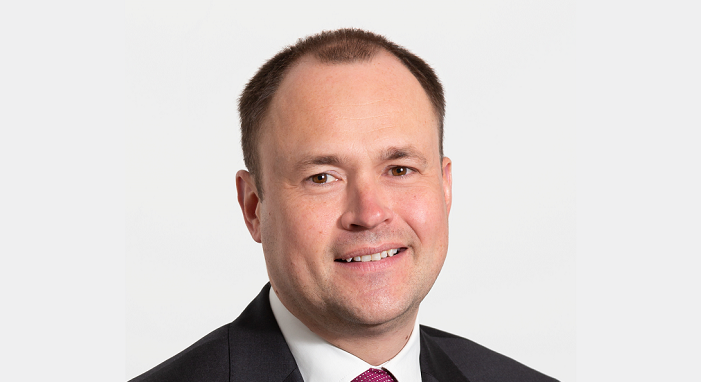Nine in 10 companies operating across the independent healthcare sector including major hospital groups feel the market environment for private medical insurance (PMI) funded services is very positive or positive and they are expecting strong growth in activity through insured patients.
This is according to the Independent Healthcare Providers Network (IHPN) which surveyed 49 companies from across the English independent healthcare sector, including all the main hospital groups and diagnostic companies .
Additionally, 86% of providers called the domestic self-pay services market environment positive or very positive while for NHS services this stood at 54%, up from 30% last year.
Figures came from the IHPN annual Industry Barometer: State of the Sector 2023 report which included research conducted this autumn.
David Hare, chief executive at the IHPN, (pictured) said: “Looking at this year’s barometer results, it’s clear that independent providers are positive about the prospects in all their key markets, with strong growth expected particularly in domestic self-pay and PMI but also in NHS-funded work as well.
“This is despite the economic challenges, such as a cost-of-living crisis, which is impacting all healthcare providers’ ability to run their organisations, and recruit and retain staff.”
Workforce challenges continue
Workforce remained the greatest challenge and area of concern for providers, with nearly seven in 10 identifying this as a key challenge – mirroring findings from previous years.
Respondents highlighted four main ways to address these challenges: growing their own through apprenticeships, training, and development; creating new innovative roles or changing skillsets; increase training; and changes to contract or benefit packages.
Nine in 10 providers expect training to increase over the next five years, with just under half aiming to increase the number of clinical apprenticeships in their organisation.
However, the relationship and partnership with the NHS remained key for providers.
The report highlighted a desire to continue reducing waiting lists in elective, diagnostic, and community care through delivery of NHS-funded services, although there is still a view that the NHS is not fully utilising the capacity and capability of the sector.
NHS policy towards the sector was highlighted as one of its biggest challenges – 65% of respondents identified it this year, compared with 40% last year.
Drivers of NHS commissioner behaviour have been perceived to have changed, with the pressure to achieve savings overtaking the need to tackle NHS backlogs, at 47% and 42% of respondents respectively.
In contrast, in 2022 almost two-thirds of respondents viewed the need to tackle NHS backlogs as the key driver for commissioners.
However, respondents claimed their relationships with the NHS were improving.
A quarter said the impact of Integrated Care Systems (ICS) had improved their business, up from 7% last year.
More than half felt involved in their local system, up from four in 10 in 2022, and 43% felt their relationship with NHS organisations in their local area had improved, up from 20% on last year.
Turning to quality and safety issues, other key concerns highlighted were the Care Quality Commission’s new assessment and inspection framework which was raised by 55% of respondents, and the data agenda including digital records and the outcomes registry platform cited by 40%.
Stronger NHS relationships
Hare continued: “While healthcare workforce is an issue for the entire healthcare system across the globe, it’s heartening that respondents are actively taking steps within their organisations to manage it.”
Hare added that the health system works best when it utilises the efficiency and capacity of the independent sector, and noted it was heartening to see that private providers were still motivated to increase the volume and quality of their NHS-funded care, reducing NHS wait times and providing high quality care.
“To see that providers feel that their relationship with local NHS organisations is improving bodes well for patients – it means that providers should have the opportunity to contribute even further to getting the healthcare system back on track,” he said.
